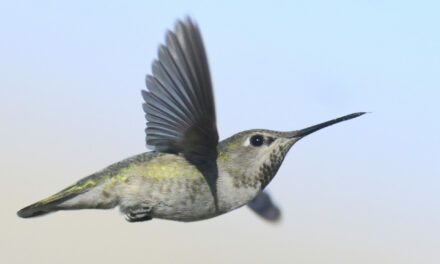Hello again, Westside Gardeners! This article is devoted to a drenching fertilization process I highly recommend for plants and trees.
I would like to share my own recipe with everyone. It’s simply processed from high-quality worm castings and water. The worm castings are a rich, potent and 100 percent organic food for plant growth and health.
This process works the natural way. Plants, trees or any other leaf-bearing species acquire their nutrients through the complex matrix of an ecosystem and microorganisms.
These microorganisms interact with one another, and subsequently, it is through their waste and appetite that they feed the plants their necessary nutrients.
When their nutrients become low, many plants and trees release a substance from their roots into the soil to attract the necessary microorganisms to begin or continue the ecosystem.
Here’s my worm casting tea recipe. Start by adding two cups of high-quality worm castings to a five-gallon bucket.
Next, fill the bucket with only distilled water. Tap water has chemicals like chlorine, which will disturb and kill important microbes.
Third, let the water and castings sit for three days, ensuring you stir them at least twice daily. This allows oxygen to interact with the mixture.
After the third day, it’s time to strain the worm casting mixture into another bucket. Finally, mix 1/2 tablespoon of tea concentrate with one gallon of water and drench plant material.
Tea made from these worm castings can also be used as a healing agent for soils and roots damaged by pesticides. It encourages healing by reinserting microbes that were damaged by pesticide use into the soil.
The tea will subsequently continue to battle pathogens that damage plant life and aid in the breakdown of some pesticide residues in the soil.
This principle can be applied to pretty much any soil damaged by a foreign or natural element that will not kill microbes themselves and disallow the introduction of that element back into a body of soil.
Westside Gardeners, you can’t go wrong with this method: there’s no fear of burning your plants or leeching their potting soil. Many more benefits go along with worm castings.
Mark Koehler of Los Banos is an arborist and master gardener who has degrees in landscape architecture and landscape horticulture from UC Berkeley and Northeastern University. Please send any questions or comments to markgardenguru@gmail.com.

